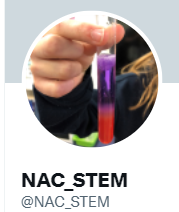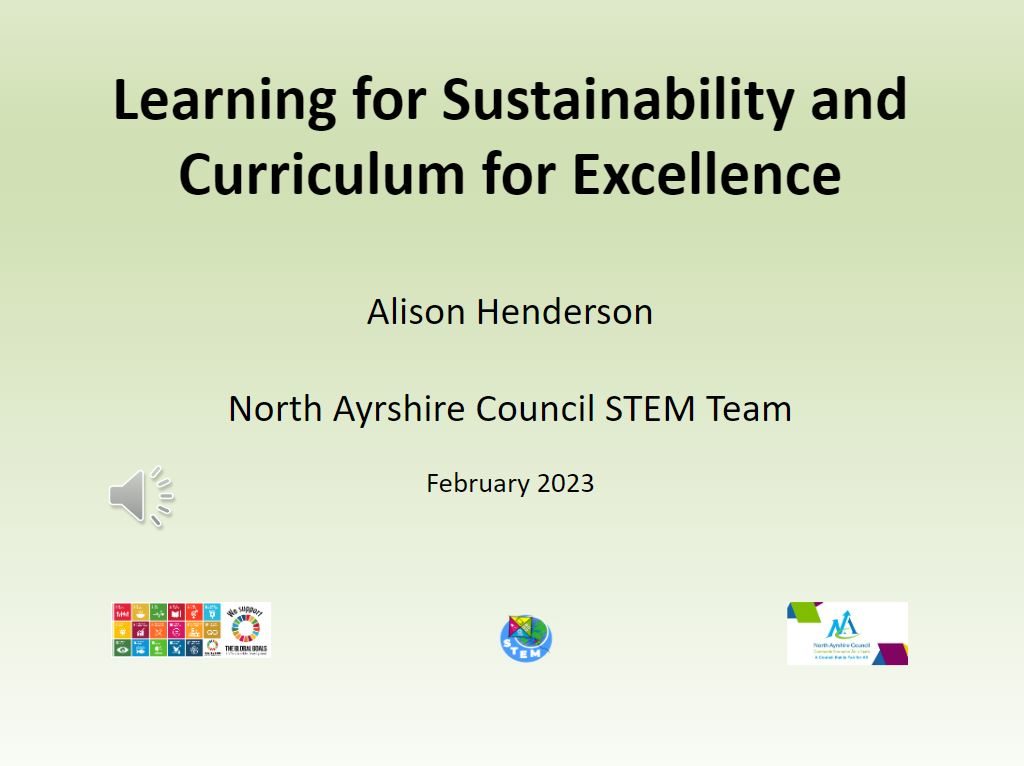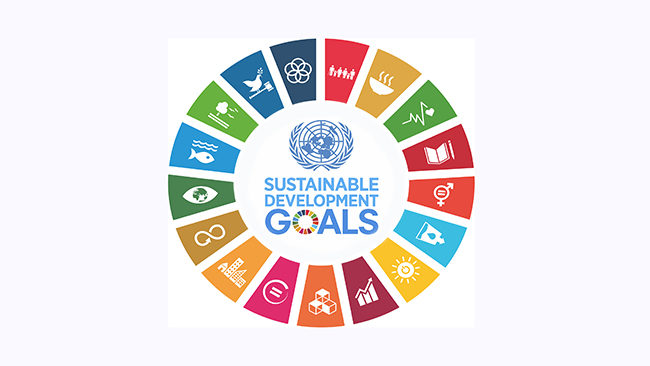
Learning for Sustainability features regularly in recent educational publications. With a heightened awareness resulting from COPS 26 and close links to Outdoor Learning, Gardening, Citizenship and The Sustainable Development Goals it is becoming a prominent theme with links running through the Curriculum for Excellence.
Learning for sustainability (LfS) is an approach to learning, life and work. It enables learners, educators, schools and their wider communities to build a socially-just, sustainable and equitable society. An effective whole school and community approach to LfS weaves together global citizenship, sustainable development education, outdoor learning and children’s rights to create coherent, rewarding and transformative learning experiences. LfS is fully embedded in the General Teaching Council for Scotland’s Professional Standards and is recognised as an entitlement for all learners.
Learning for Sustainability is an international and national priority in education.
In Scotland, the Professional Standards for Teachers are underpinned by Learning for Sustainability as a key cross-cutting theme; interdependent with the other key cross-cutting themes of Values and Leadership.
GTC Scotland has worked with Learning for Sustainability Scotland, Scotland’s United Nations University-recognised Centre of Expertise on Education for Sustainable Development, to develop resources to help teachers to explore Learning for Sustainability in the Professional Standards for Teachers.
The General Teaching Council for Scotland Learning for Sustainability Hub
The Muir report examines the case for change and the role of Learning for Sustainability in Curriculum for Excellence. He identifies
The need for the development of values,
attitudes, knowledge and skills to be
significantly strengthened in the context
of Learning for Sustainability, the bringing
together Education for Sustainable
Development (ESD), Global Citizenship
Education (GC) and Outdoor Learning (OL).
This was felt to be particularly important given
the increased profile and relevance of climate
change to the current and future generations
of children and young people.
The report of the One Planet Schools Working Group group gave the following high level recommendations.
1. All learners should have an entitlement to learning for sustainability
2. In line with the new GTCS Professional Standards, every practitioner, school and education leader should demonstrate learning for sustainability in their practice
3. Every school should have a whole school approach to learning for sustainability that is robust, demonstrable, evaluated and supported by leadership at all levels
4. School buildings, grounds and policies should support learning for sustainability
5. A strategic national approach to supporting learning for sustainability should be established
LEARNING FOR SUSTAINABILITY
The report of the One Planet Schools Working Group (2012)
The following PowerPoint presentations explore Learning for Sustainability within the context of Curriculum for Excellence at Early, First, Second and Third level.



